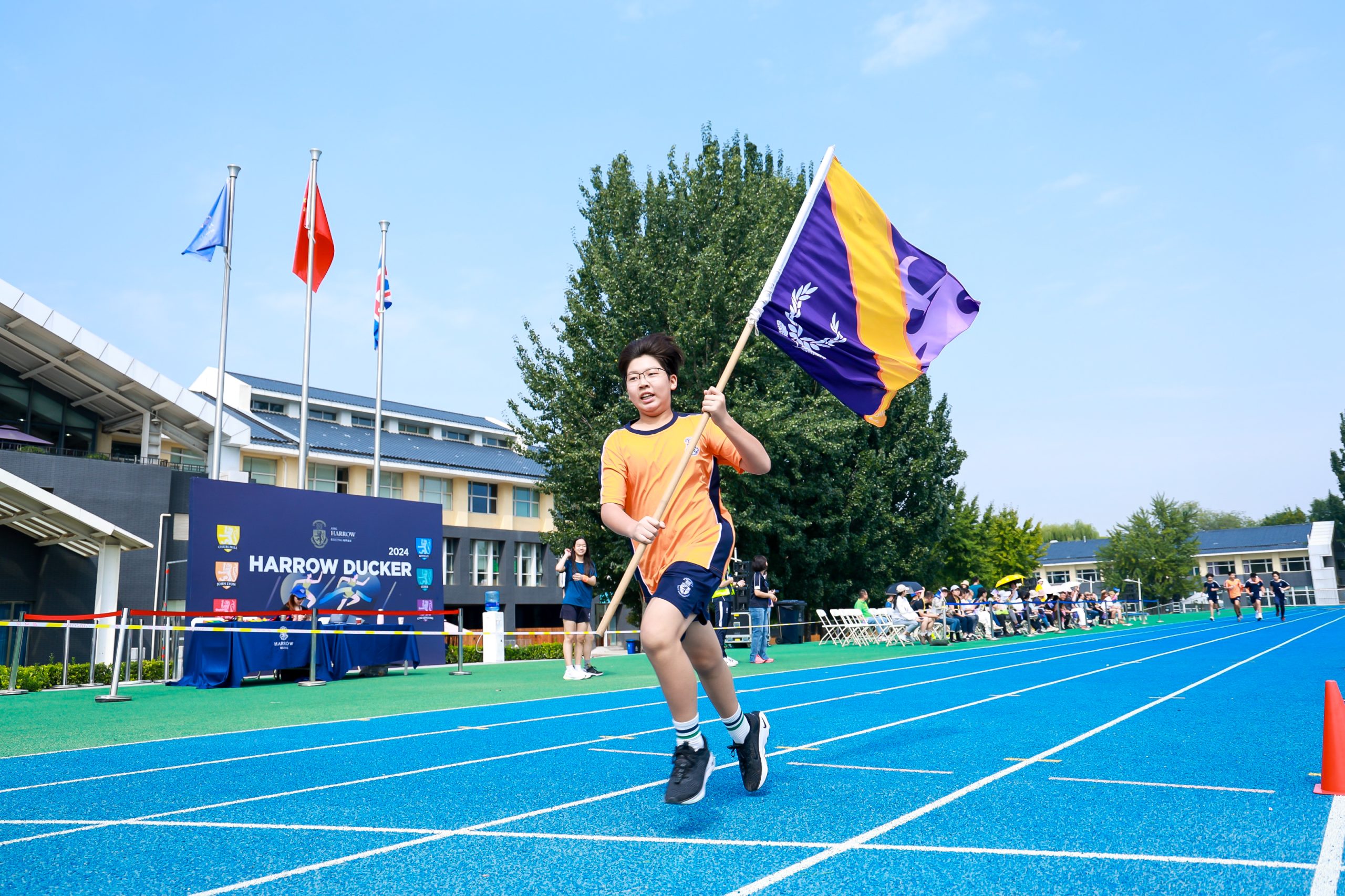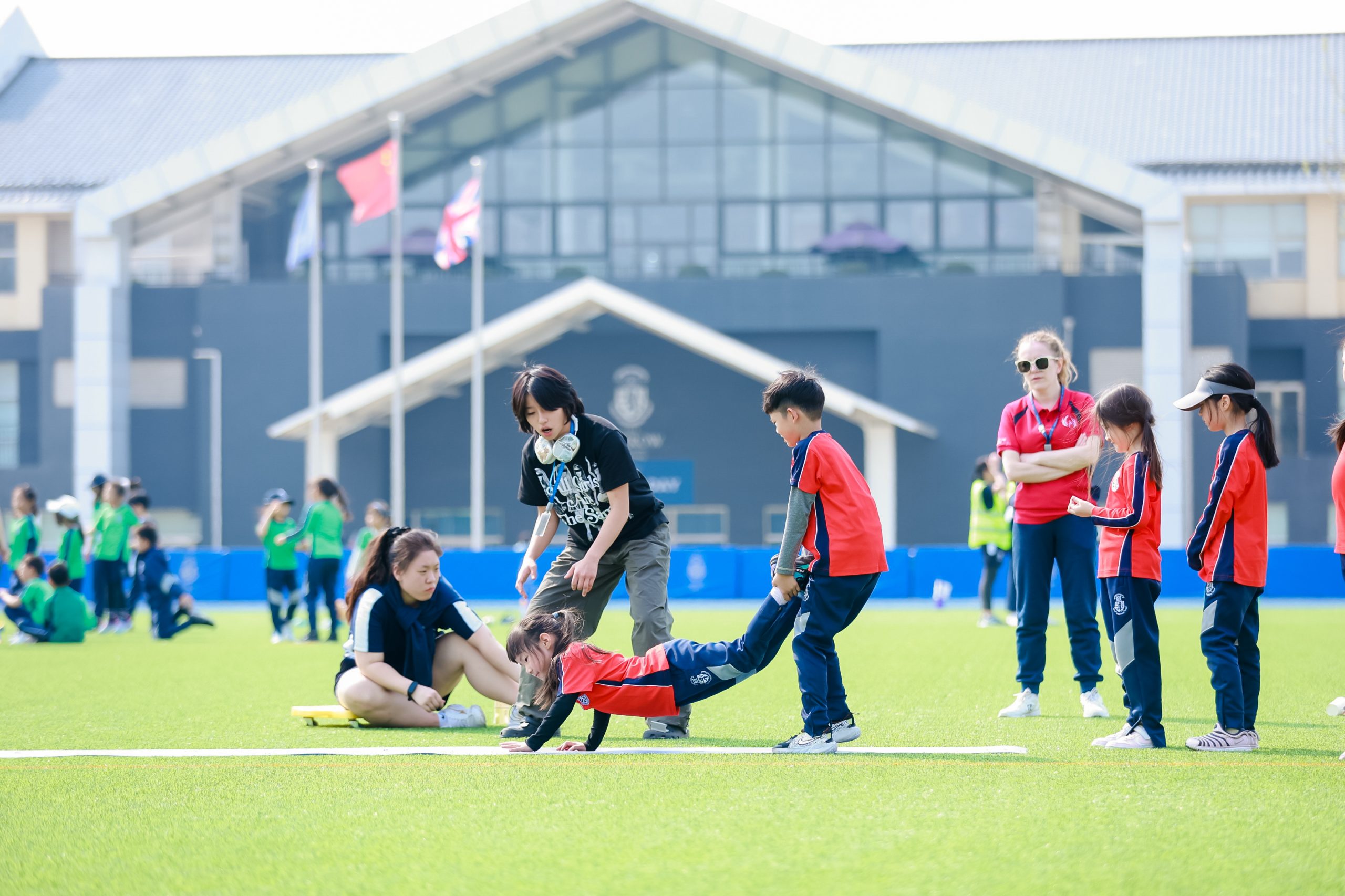Three-Year A Level
This year, the Class of 2024 at Harrow Beijing have secured admission offers from some of the world’s top universities, including the University of Cambridge, Imperial College London, University College London, London School of Economics and Political Science, Northwestern University,University of California-Los Angeles, University of California- Davis, University of California-San Diego in the United States, and the University of Toronto, University of McGill in Canada, thanks to their outstanding academic performance and well-rounded abilities.

Harrow Beijing inherits the century-old educational excellence of Harrow School in the UK, helping students develop comprehensively with its exceptional A Level curriculum and holistic education philosophy. Whether applying to popular majors or niche fields, students at Harrow Beijing receive personalized support and guidance. This individualized support not only enables them to make breakthroughs in their areas of interest but also adds unique personal highlights to their applications to the world’s top universities.
This year, Harrow Beijing has also launched a three-year A Level program to meet the increasing demand for international education among students, helping them prepare for entry into the world’s top universities.
In this issue, we interviewed Mr Andrew Hayes, the Director of Six Form at Harrow Beijing, to hear his insights on this year’s university admission results and the new three-year A Level program.
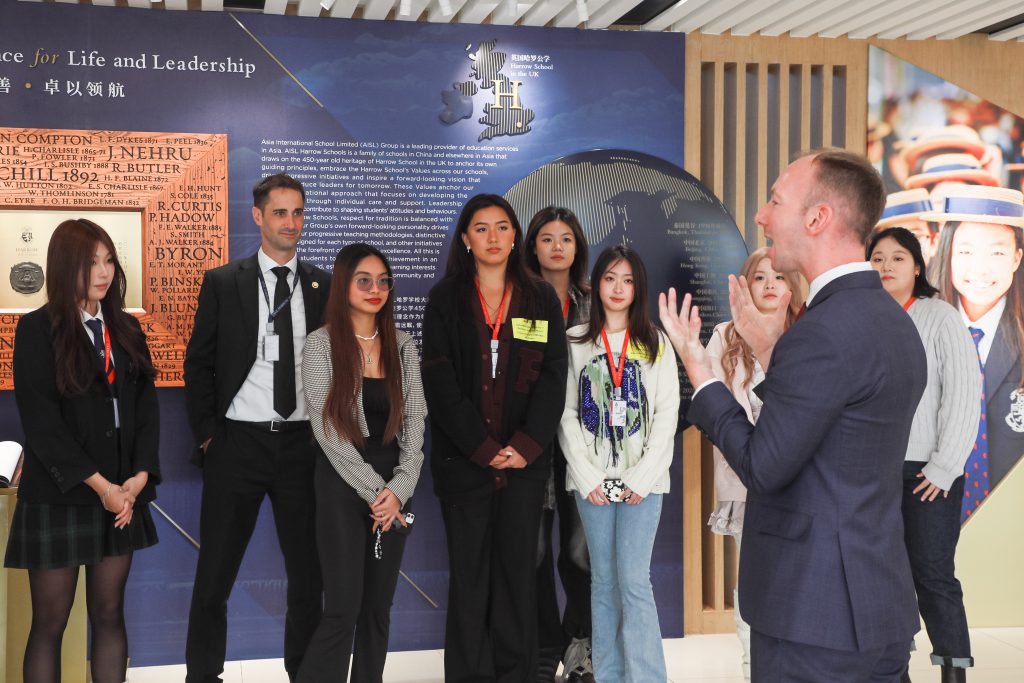
- Could you please interpret this year’s highlights, trends, and characteristics of university offers from your perspective?
Mr Hayes:In general, we are delighted with the range of university offers received by our graduating students this year. Once again, we have candidates moving on to study in the UK, USA, Canada and Hong Kong, as well as a couple of more unusual destinations such as Japan, South Korea and South Africa. Students worked hard on their applications, statements, essays and on preparing for interview, and were keenly supported by our team of university counsellors. The range of courses and disciplines is as impressive as the destinations, with students going on to study art, economics, drama, law and all manner of science and engineering related courses. Students must remember that whilst universities make their offers of places based on ‘predicted grades’, it is important that they continue to work hard in an effort to achieve these predictions in their final exams if they wish to be successfully enrolled, and on A Level results day, we hope for many success stories. Our cohort of students is a relatively diverse one this year, so we also congratulate those students who are going on to take part in alternatives such as gap years and sporting pursuits before moving into higher education at a later date.
2. When applying to universities, what abilities do you think top universities value in students? How do we support our students?
Mr Hayes:Without doubt, universities are looking for excellent academic achievements. Our Sixth Form programme which encourages students to choose three A Level subjects to specialize in means that students can focus their attention on becoming expert in these three subjects, rather than spreading themselves too thinly and studying too many subjects, where they potentially don’t have the same levels of drive or enthusiasm. Most of our subjects follow the two-year linear A Level course which means that students sit all of their examinations at the end of the two-year course. This means that they have almost the full two years to develop their subject knowledge, improve their exam technique, further develop their ability to communicate in fluent English, which enables students to perform better in their final exams. Students undertake internal ‘interim’ assessments which means that they receive regular feedback and guidance on areas for development and improvement, meaning that they are well supported throughout to do their best. Of course, universities also look for a range of other personal and non- academic attributes and there are ample opportunities for students to develop abilities such as leadership, creativity, communication and collaboration through Harrow’s programme of electives, LSAs and extra-curricular pursuits. Harrow Beijing enjoys excellent relationships with universities around the world, and as such we have personal contacts that we can call upon for specific advice and guidance for students. This year alone, we hosted a global university fair which saw representatives from over 110 universities worldwide pass through our doors and we regularly hold information sessions run by university representatives which creates another networking opportunity for our university counsellors, parents and students.
3. Could you please introduce the traits of three- year A Level program at Harrow Beijing?
Mr Hayes:The advantage to enrolling on our three year A Level program is that it is suitable for students with lower levels of English than we would expect for admission into our mainstream Year 12, making it accessible for a wider range of students. The first year of the program is designed to provide intensive English, as well as develop a foundation of subject knowledge in the subjects they wish to pursue at A Level. This ‘foundation year’ will enable students to familiarise themselves and adapt to a different teaching style compared with joining straight into our mainstream Year 12, and this will enable better progress with A Levels overall and hopefully higher academic achievement. Because we are only offering a limited number of A Level subjects as part of this programme we can focus our time, energy and resources on ensuring that students receive the best input and provision. Also, we are very proud of our university and careers guidance provision. Students joining this programme will benefit from this input for the whole duration of their time with us, which will enhance their chances of achieving their desired university and course.
4. What kind of students are we looking to recruit for the newly launched three-year A Level program at Harrow Beijing?
Mr Hayes:Our entry requirements for the three year A Level programme set out very clearly the expectations for students, and we are specific about this because we want students to be able to thrive and succeed with the programme. In essence, we are looking for bright and capable students who have a baseline level of English, and who are looking to follow undergraduate courses through the medium of English at university. Because our subject offering as part of this programme is more limited, it does mean that some university courses may be less accessible as a result so students must be reasonably confident of what their longer term plans are. As a school in China offering British qualifications, we use a very international style of pedagogy which some students might not be used to. The students that enroll on to this programme must be adaptable, resilient and ready to embrace a new style of teaching.
5. What challenges do students face in the three-year A Level program?
Mr Hayes:Students will need to be aware that this programme will be a challenge. We are expecting students to show dedication and commitment, and they must be prepared to work hard, both to improve their levels of English and on their subject knowledge. We have dedicated a significant amount of time, staff and expertise into supporting students in both of these aspects but students and parents must be aware of the commitment that will be needed in the evenings and weekends to complete independent work to succeed. Students will be expected to meet a set of ‘minimum standards’ by the end of Year 1 which we have clearly publicised and shared widely. This clear information from the outset means that students and parents are aware and know what they are working towards. Teachers delivering this programme are experienced at working with students for whom English is an additional language.
6. What advice do you have for students who are about to start the three-year A Level program?
Mr Hayes:Concentrate on improving your English. Everything you are able to do in advance – do it. Reading in English, even just for leisure….watching TV shows or movies, listening to songs or podcasts, making notes, undertaking research around your chosen A Level subjects – all of these things will be helpful. Secondly – research. What do you actually want to do in the future? If you have an aim or an aspiration, or a clear goal that you’re eventually aiming for, you will be more motivated and more focused. You’ll be able to choose your optional subjects with more confidence and certainty, and the challenges you face (and hopefully overcome) will be worth it.
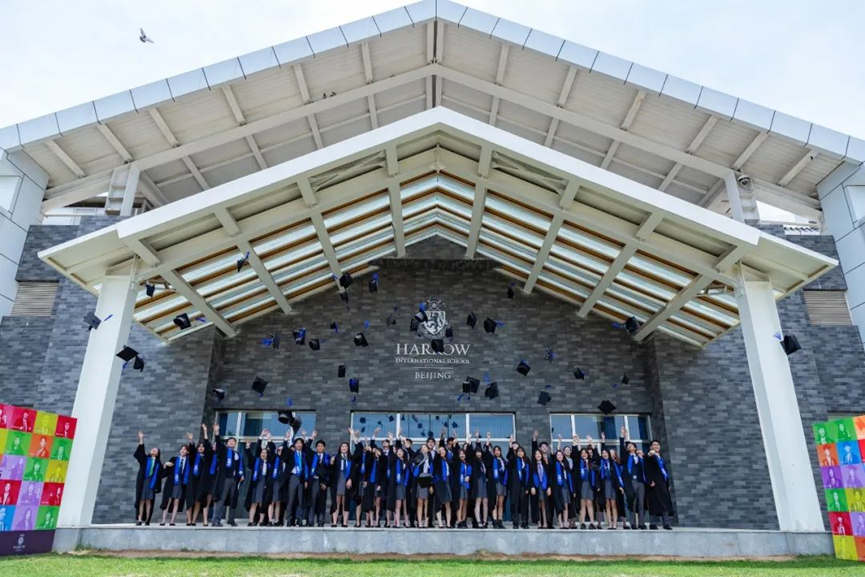
Join us to meet with academic staff, visit our outstanding facilities, interact with current pupils and individual consultation with our admissions team.
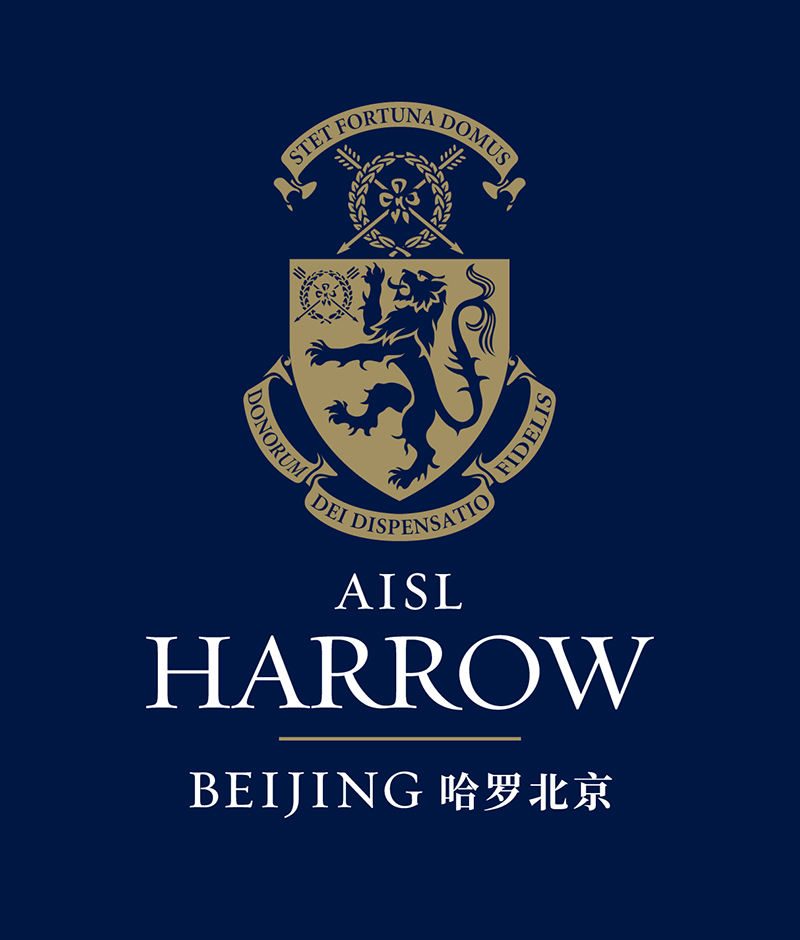
 360° TOUR
360° TOUR 
